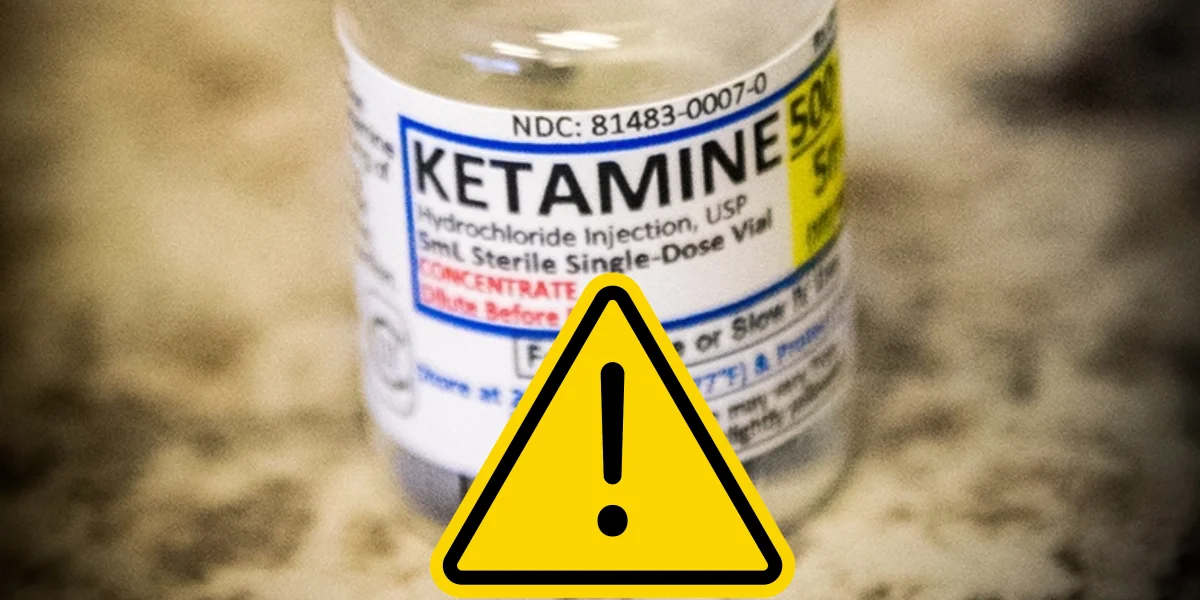Suicide is a major health concern in the United States and one of the leading causes of death in the nation. In 2021, over 48,000 people died from suicide, which translated to about 1 death by suicide every 11 minutes. One of the most common precursors of suicide is suicidal ideation. Understanding this phenomenon and its potential causes is crucial in aiding suicide prevention efforts.
Understanding Suicidal Ideation
Suicidal ideation refers to thoughts or contemplation of self-harm or suicide. It can range from passing thoughts (passive suicidal ideation) to persistent and intrusive ideation that includes a well-thought-out plan to commit suicide (active suicidal ideation).
Surprisingly, suicidal ideation and behavior tend to run in families, which begs the question: Is suicidal ideation hereditary? According to research, suicidal ideation is influenced by a combination of biological, psychological, and environmental factors. And while genetic factors are believed to play a significant role in the development of suicidal ideation, the heritability of suicidal ideation is not yet fully understood.
The Role Of Genetics In Suicidal Ideation
Genetic studies suggest that genetics may contribute to an individual’s vulnerability to suicidal ideation. Researchers have identified certain genetic variations that may cause an increased risk of suicidal thoughts and behaviors. Some of the genes implicated include those related to neurotransmitter systems, brain development, and stress response.
Twin studies further suggest that the genetic variations underlying the heritability of suicidal ideation may be independent of those associated with the heritability of psychiatric disorders. However, it is important to note that genetics alone cannot determine an individual’s likelihood of experiencing suicidal ideation. Environmental and psychological factors are also involved.
Mental Health Disorders & Suicidal Ideation
Mental health disorders, such as depression, bipolar disorder, anxiety disorders, and substance use disorders, are closely associated with the development of suicidal ideation. This means that if you have a family history of mental illness, you are more likely to experience suicidal ideation.
Coincidentally, genetic variations can influence the risk of developing these mental disorders, further underscoring the role genetic variation plays in the development of suicidal ideation.
Environmental Factors
Environmental factors play a significant role in the development of suicidal ideation. Adverse childhood experiences, trauma, excessive stress, substance abuse, social isolation, and access to lethal means are some examples of environmental factors that can contribute to suicidal thoughts.
However, what most people don’t know is that some environmental factors can also affect gene expression and potentially result in an increased risk of suicidal ideation. This means that even if you don’t have a family history of suicidal ideation, your genes can be manipulated by environmental factors – making you more likely to develop suicidal ideation.
When To Seek Medical Intervention
Suicidal ideation is a serious and potentially life-threatening psychological issue and should not be taken lightly. Without timely medical intervention, even passive suicidal ideations can quickly evolve into active suicidal ideation and result in attempted suicide or death by suicide.
If you or someone you know is experiencing suicidal ideation, please seek professional help immediately. You can also call the 988 Suicide & Crisis Lifeline or 911 if someone is in immediate danger of harming themselves.
Final Thoughts
Suicidal ideation is a complex issue influenced by a combination of genetic, environmental, and psychological factors, including genetic predisposition. If you or someone you know is experiencing suicidal ideation, it is advisable to seek professional help as soon as possible. A mental health professional can provide appropriate assessment, support, and treatment options to help you overcome these distressing thoughts.
At Hoosier Ketamine & Wellness, we specialize in providing personalized ketamine treatments to help patients struggling to find an effective treatment for suicidal ideation and other mental health challenges find the relief they need.
Ketamine therapy is a rapid-acting, evidence-based treatment that has been shown to provide fast and sustained relief from suicidal ideation and other symptoms associated with mental disorders – making it ideal for those going through an acute mental health crisis.
If you are interested in learning more about ketamine infusion treatment in Indianapolis, IN, contact Hoosier Ketamine & Wellness and request your consultation today.



